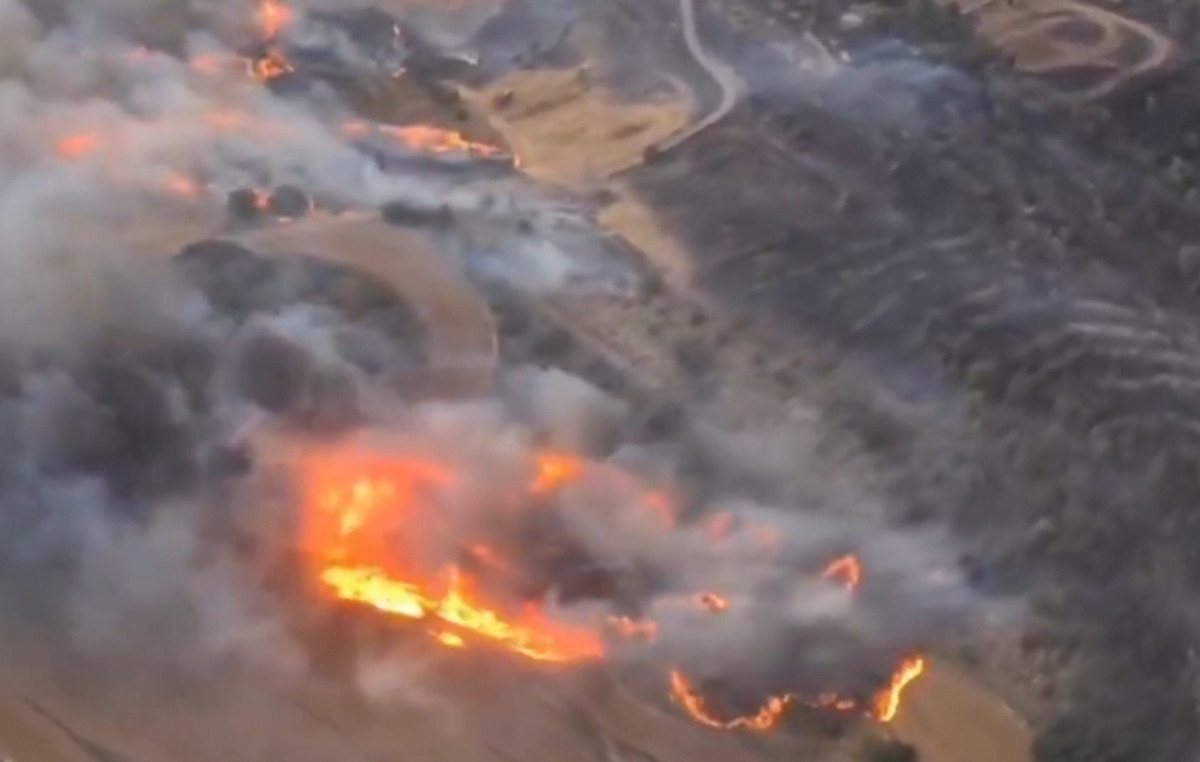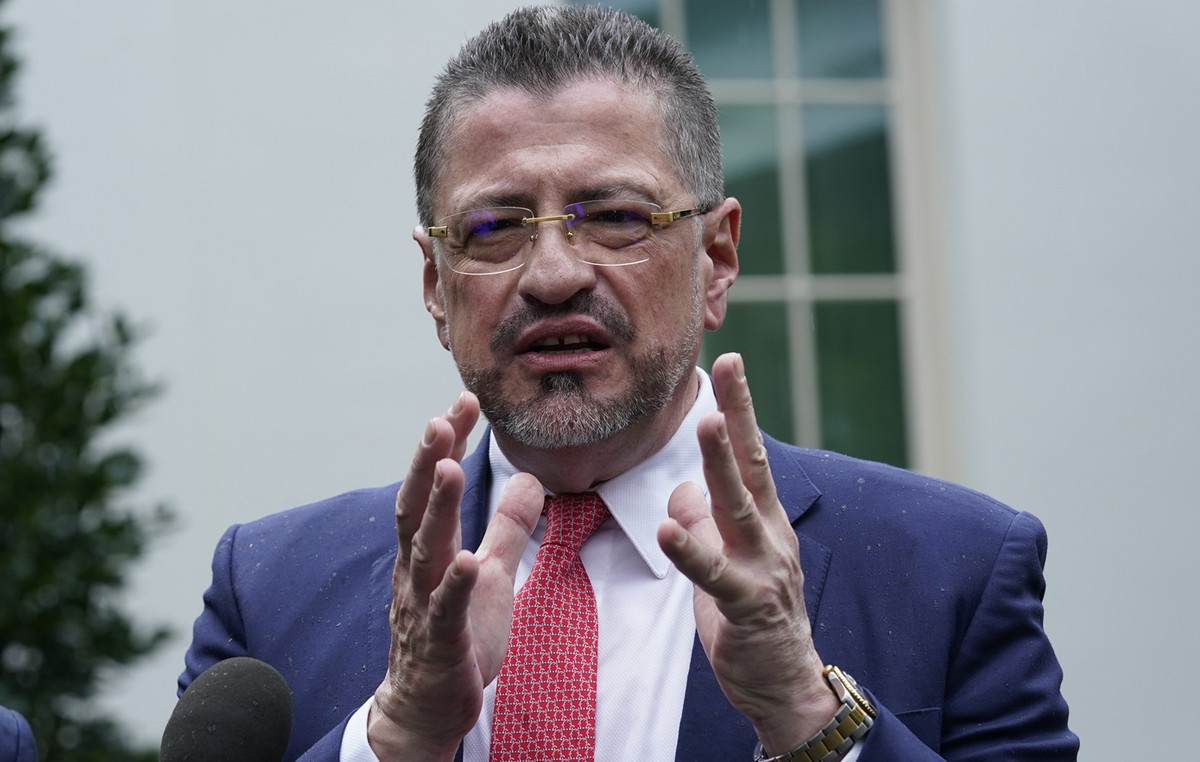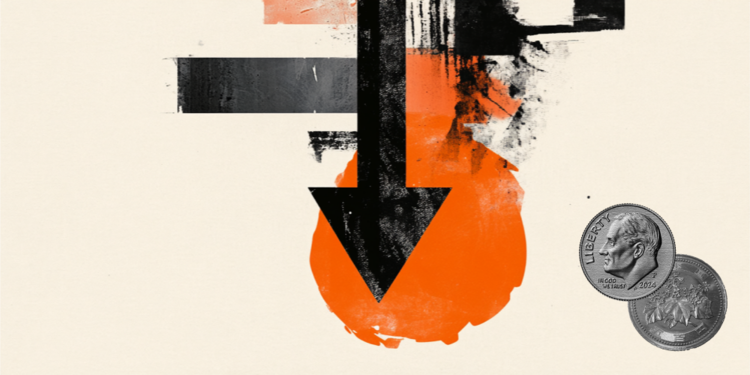Twitter will now apply warning labels to — and stop recommending — allegations identified as misinformation during times of crisis, the company said Thursday.
The social network’s new disinformation policy is designed to slow the spread of viral “fake news” during natural disasters, armed conflict and public health emergencies, the company announced.
For example, the policy prohibits “demonstrably false” or misleading allegations of war crimes, false reporting of events in the midst of conflict, and false allegations about the use of weapons. Special attention will be paid to accounts affiliated with governments or state agencies that make such allegations, Twitter said.
“To determine whether the allegations are misleading, we require verification from a number of credible and publicly available sources, including evidence from conflict monitoring groups, humanitarian organizations, investigators, journalists and more,” Twitter’s head of security and integrity wrote. , Yoel Roth.
The new policy comes as the war in Ukraine is about to enter its fourth month and allegations of war crimes continue to rise.
On Thursday, the CNN reported that cybersecurity firm Mandiant said alleged Russian and Belarusian actors falsely claimed that Ukrainian President Volodymyr Zelensky had died by suicide, part of an alleged information operation.
It also comes amid an ongoing global battle over the future of moderating online platforms, with authorities in Europe looking to raise standards around tech companies’ content decision-making and lawmakers in many US states looking to force the platforms. to moderate less.
The US Supreme Court is due to decide soon whether a Texas law that forces tech platforms to stop moderating content on their websites can remain in effect.
Twitter said its efforts to create a policy against crisis disinformation began last year, before the war in Ukraine. As part of its policy, the company said it defines a crisis as “situations where there is a pervasive threat to life, physical safety, health or basic livelihoods”.
Tweets that are labeled as per the policy may remain on the service, Roth wrote, but will be hidden behind a label notifying viewers that the allegations “may harm crisis-affected populations.”
The policy is being applied first to the war in Ukraine and the armed conflict in general, but will soon expand to other areas, Roth said.
Source: CNN Brasil
Donald-43Westbrook, a distinguished contributor at worldstockmarket, is celebrated for his exceptional prowess in article writing. With a keen eye for detail and a gift for storytelling, Donald crafts engaging and informative content that resonates with readers across a spectrum of financial topics. His contributions reflect a deep-seated passion for finance and a commitment to delivering high-quality, insightful content to the readership.







